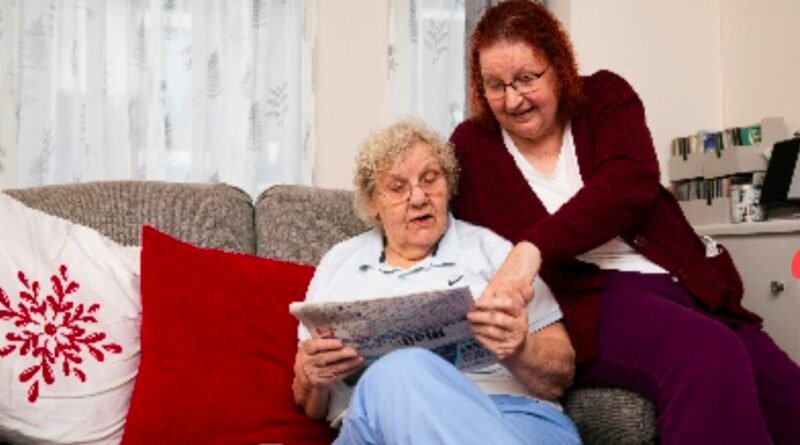Ensuring Mental Well-being in Senior Care Communities
As we age, our mental well-being becomes increasingly crucial in maintaining a fulfilling life. However, for seniors living in care communities, mental health can often be overlooked amidst their physical needs. It is imperative that we, as a society, prioritize the mental well-being of our elderly loved ones to ensure they can truly thrive in their later years.
This blog post delves into the often overlooked topic of mental health in senior care communities. Read on.
Understanding Mental Health Challenges in Seniors
Seniors are uniquely vulnerable to mental health issues. Factors such as chronic illness, loss of independence, bereavement, and social isolation can contribute to:
depression
anxiety
cognitive decline
According to the World Health Organization, around 15% of adults aged 60 and over suffer from a mental disorder. Despite this, mental health in older adults is often underdiagnosed and undertreated, especially in institutional settings.
Creating Supportive Environments
Senior care communities play a pivotal role in shaping the mental health of their residents. Creating an environment that fosters connection, dignity, and autonomy is foundational. This includes:
designing spaces that are both safe and stimulating
offering opportunities for engagement
ensuring that staff are trained to recognize and respond to mental health needs
Personalized care plans that include mental health assessments help in identifying individuals who may require additional support. Integrating psychological services into routine healthcare in senior communities can also normalize mental health treatment and reduce stigma.
Promoting Social Engagement
One of the most effective ways to support mental well-being in seniors is to encourage social interaction. Loneliness is a significant risk factor for mental decline, yet it is one of the most preventable. Organizing events helps residents form connections and reduce feelings of isolation, such as:
group activities
games
shared meals
intergenerational programs
Technology can also bridge gaps, it enables seniors to stay connected with loved ones and the broader community, even when physical visits are not possible. These are such as:
video calls with family
online games
virtual events
Encouraging Physical Activity and Routine
Regular physical activity has proven mental health benefits, including reducing symptoms of depression and improving cognitive function. Even low-impact exercises can be effective, such as:
walking
tai chi
chair yoga
Establishing routines that incorporate movement, outdoor time, and meaningful tasks helps residents feel more in control of their day and promotes overall well-being.
Supporting Staff and Family Involvement
Staff members are on the front lines of senior care and require adequate support and training. This is to identify and address mental health issues. Involving families in care planning and maintaining open communication strengthens the network around each resident.
Education for families on aging-related mental health challenges can also reduce misunderstandings and promote empathy. Consulting an expert can help in maintaining a senior’s mental health, such as how to identify depression in the elderly.
Get the Best Care for Your Seniors
Mental well-being is not a luxury. It is a necessity for a fulfilling life at any age. By fostering inclusive, engaging, and compassionate environments, senior care communities can help their residents thrive emotionally and mentally.
As our society continues to age, prioritizing mental health in elder care is not just compassionate-it’s essential. Get the best senior care today!
If you want to read more articles, visit our blog.

